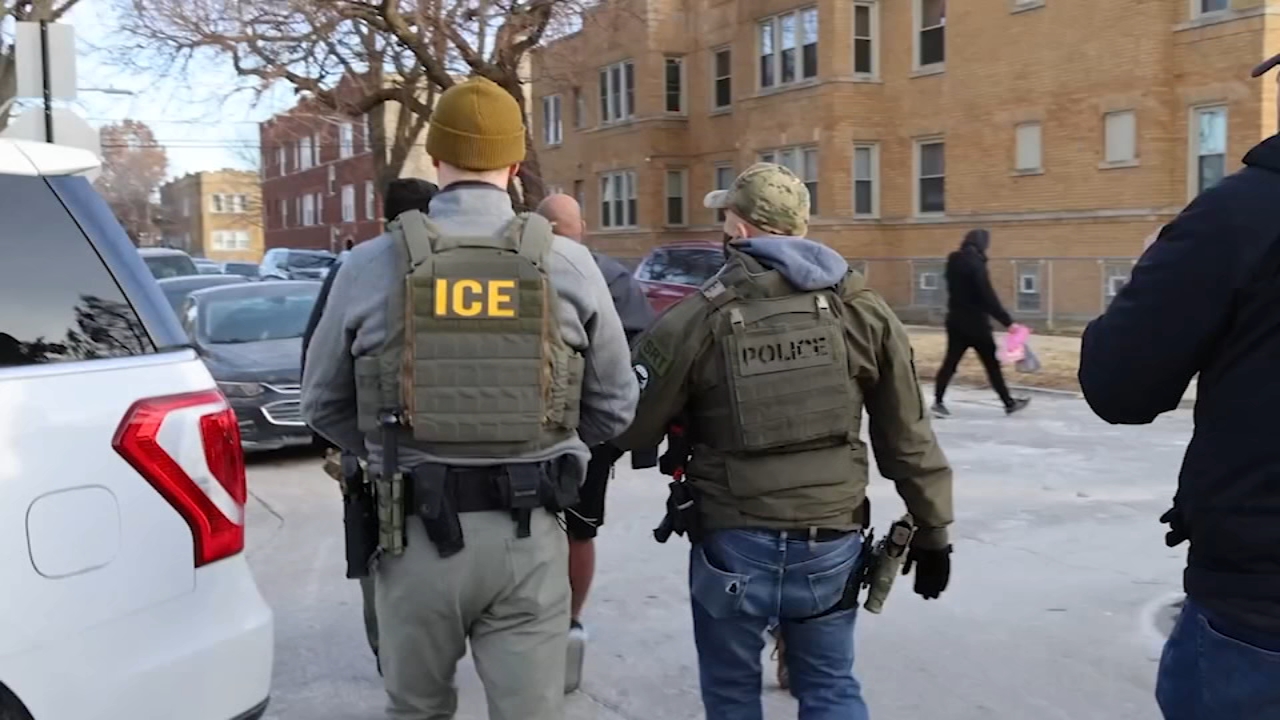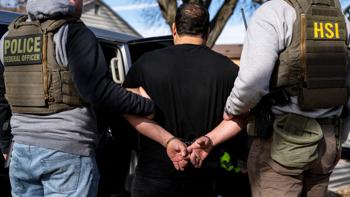Fear in the Clinic and Courage on the Streets as Healthcare Workers Rally for Immigrant Colleagues
Healthcare workers unite to protest immigration raids, highlighting fear, labor shortages, and the urgent need for reform.
Healthcare Workers Stand United Outside ICE Facility
In a powerful weekly demonstration, healthcare workers gathered outside the Immigration and Customs Enforcement (ICE) processing center in Burlington to demand the protection of their immigrant colleagues and patients. The rally, which brought together doctors, nurses, immigrant rights advocates, and faith leaders, highlighted growing concerns over the impact of immigration enforcement on both healthcare workers and the vulnerable communities they serve.
With signs in hand and voices raised, protesters called for an end to raids and policies they say are threatening the lives and well-being of immigrant families — including the very professionals caring for the nation's sick and elderly.
Immigrants are the Backbone of the Healthcare System
Immigrants are not only patients but also caregivers. A significant percentage of healthcare workers, particularly in nursing homes and clinical support roles, are immigrants—many of whom work legally under Temporary Protected Status (TPS). These workers now face the constant fear of deportation, despite their critical role in an already strained healthcare system.
One medical assistant spoke about the anxiety of potentially losing her protected status: “At any moment they can tell us it’s gone and you have to go back, which is scary.” Her fears are echoed throughout the profession, as many workers describe uncertainty surrounding their right to live and work in the U.S.
Fear Among Patients and Providers
The climate of fear created by aggressive immigration enforcement has led to a visible decline in patient visits. Healthcare professionals report that immigrants, including those in urgent need of care such as prenatal services or chronic illness treatment, are avoiding clinics and emergency rooms out of fear of being detained.
“Patients who should be coming in for checkups or urgent care simply aren’t showing up,” one physician explained. “They’re afraid of what might happen if they step outside their homes, even for healthcare.”
But it’s not only the patients who are afraid. Colleagues in hospitals and clinics are also increasingly hesitant to report for duty, fearing that ICE raids could target them during or after work.
Historical Echoes and Moral Outrage
For some, the parallels between modern-day immigration enforcement and darker chapters of history are painfully clear. A physician at the rally drew comparisons between current ICE practices and the actions of totalitarian regimes, describing scenes of individuals being taken away without warning or due process.
Faith leaders attending the rally emphasized the moral obligation to protect immigrants and uphold human dignity. “The persecution of immigrants is not only unjust — it’s inhumane,” one minister stated. “Our communities are strongest when we stand together, not when we tear people apart.”
Uncertainty Looms Despite Policy Discussions
While recent federal discussions around immigration reform and labor shortages hint at potential change, healthcare workers remain skeptical. The announcement of a temporary office to address labor issues in immigrant-dependent sectors has offered little clarity or reassurance to those living under the threat of deportation.
In the meantime, frontline healthcare workers continue to show up for their patients — and for each other. Their message is clear: protecting public health means protecting those who deliver it, regardless of their country of origin.
A Call for Compassion and Change
As the healthcare industry grapples with staffing shortages and ongoing public health challenges, the treatment of immigrant workers has come under scrutiny. The Burlington rally was not just a protest — it was a call for compassion, humanity, and policy change rooted in justice.
Healthcare workers say they will continue to rally each week until their voices are heard and meaningful protections are put in place for the immigrant communities they serve and belong to.


COMMENTS (0)
Sign in to join the conversation
LOGIN TO COMMENT